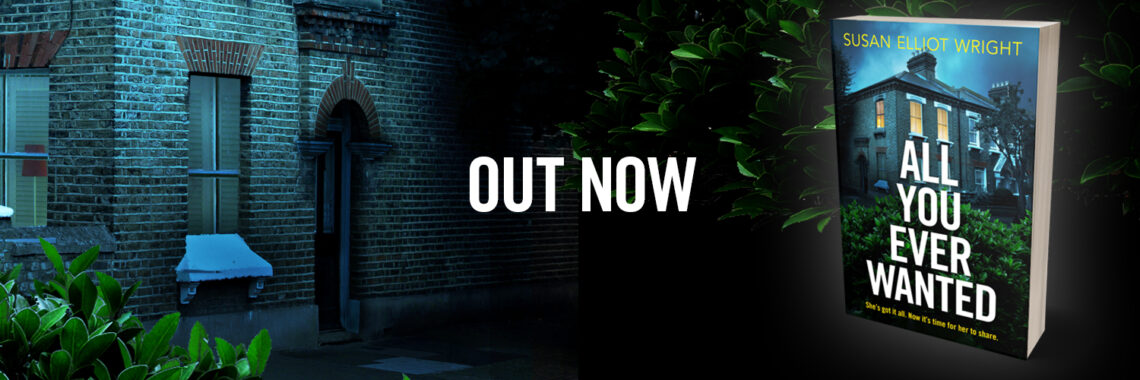So the Christmas cards have been posted, the tree is up, the presents are wrapped and I’VE SENT OFF NOVEL NUMBER 3!! Okay, so this isn’t the first time I’ve sent it off, but I think it’s virtually there now, properly finished all bar the copy edits.
After completing the terrible first draft in January 2015, I rewrote 75 to 80% and with great trepidation submitted it again at the end of August. Of the three novels I’ve completed, this was without a doubt the most difficult to write. Regular readers of this blog will know the agonies I’ve been through with it! Anyway, my editor read it immediately and loved it. In fact, her email was so full of praise that tears sprang to my eyes as I read it. I’m not telling you this to blow my own trumpet, but to demonstrate that even when you’ve struggled with what seems like an impossible project, it’s still possible to bring it up to something you’ll eventually be proud of.
I had most of September off while my editor and agent prepared their feedback. As usual, I agreed with about 98% of their suggestions and set to work making those changes. Back went the new draft for my editor to read again. She was happy, so I was happy. She suggested a few little revisions and pointed out a scene that needed to be more convincing, so I knuckled down and did that near-final round of edits in a couple of weeks.
At that stage, I passed it to three trusted readers: my husband, a reading friend who has similar taste to my own, and a writer friend who I know to be both insightful and honest. All three pointed out useful things, from references that were too vague to more significant problems: “I was confused here about where and when this happens.” So that was another few days of edits.
But I love it; I pounce on those problems because I can see the whole thing improving before my very eyes. I read it through one more time myself – isn’t it amazing how many typos, missing words, repeated words etc can elude reader after reader after reader? I picked up quite a few, but I’m sure there will be yet more. And then I sent it. There may be a few more tweaks, but I feel sure that we’ll now be talking hours of work rather than days or weeks. It’s a good stage to get to! My editor is on holiday until the second week in January, so I won’t hear anything for a few weeks, which is just as well, because it means I can get on with book four.
Book four is progressing slowly after an initial burst of introducing the characters and setting up the situation. I’ve stopped writing for a while in order to think about the plot. With the first three books, even though I often got stuck along the way, I’ve known where I was heading so I just forged ahead to see where the writing took me. This time I’m not so sure, so I’m going to try a little planning, just to see if I can actually plot this story to the end.
Over the Christmas break, (I’ve decided I’m going to give myself a proper break for a change) I’m going to do lots of reading along with the eating and drinking, and although I won’t be ‘working’ as such, I intend to keep my notebooks and my laptop within arms reach so that I can do a little on the novel every day. I don’t expect to be doing that much actual writing, but I do hope to try and work out the story, or at least, a skeleton of an idea on which I can hang some flesh. I’ll let you know how that goes!
Have you ever changed the way you work, either from ‘pantster’ to planner all the other way round? How did you find it? Which works best for you?
Wishing you all a very Merry Christmas! Here’s a picture of my very small, scrappy and misshapen Christmas tree. (tiny house, only two of us, not much dosh!) See you in January!
To find out more about me and my work, or to sign up for workshops please visit my website, like my Facebook page or follow me on twitter
















